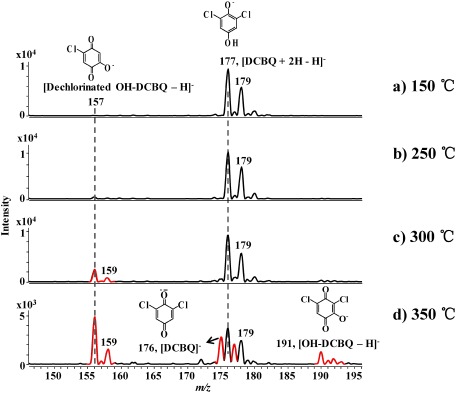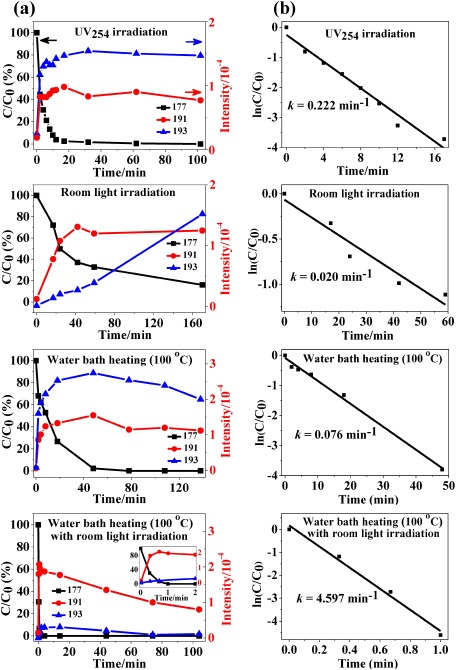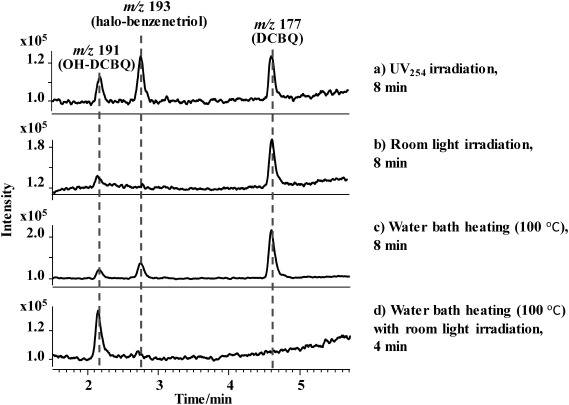Mass Spectrometry-Inspired Degradation of Disinfection By-Product, 2,6-Dichloro-1,4-benzoquinone, in Drinking Water by Heating.
Q3 Physics and Astronomy
引用次数: 3
Abstract
2,6-Dichloro-1,4-benzoquinone (DCBQ), a highly toxic and carcinogenic disinfection by-product, was degraded during the electrospray process by elevating the source temperature. This unexpected finding inspired us to use heating to degrade DCBQs in drinking water. The results show that about 99% of DCBQs in the drinking water were degraded in one minute by heating to 100°C with room light irradiation. Therefore, a conclusion can be drawn that heating enables the degradation of DCBQs in drinking water.



饮用水中消毒副产物2,6-二氯-1,4-苯醌的加热质谱降解
2,6-二氯-1,4-苯醌(DCBQ)是一种高毒性致癌的消毒副产物,在电喷雾过程中通过提高源温度来降解。这一意想不到的发现激发了我们利用加热来降解饮用水中的dcbq。结果表明,在室内光照射下加热至100℃,1分钟内可降解饮用水中约99%的dcbq。因此,可以得出结论,加热可以降解饮用水中的dcbq。
本文章由计算机程序翻译,如有差异,请以英文原文为准。
求助全文
约1分钟内获得全文
求助全文

 求助内容:
求助内容: 应助结果提醒方式:
应助结果提醒方式:


